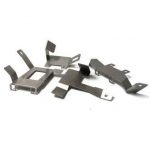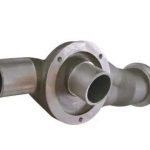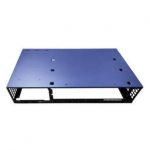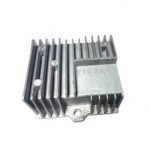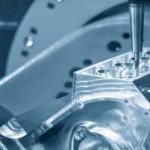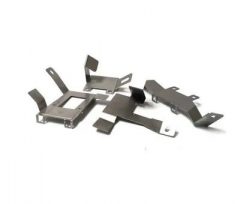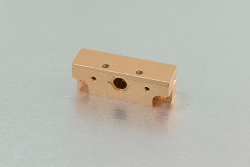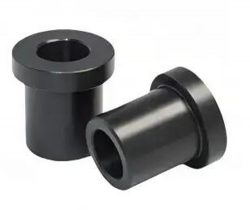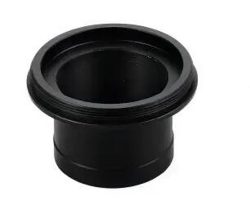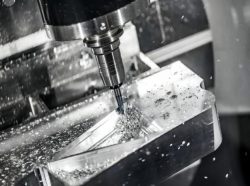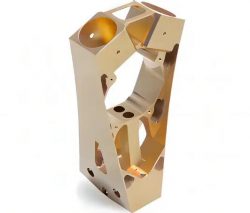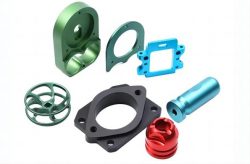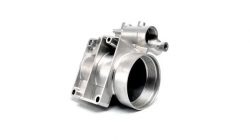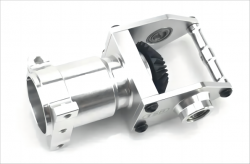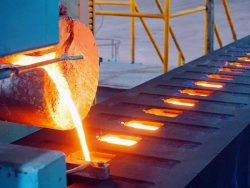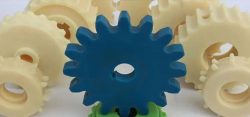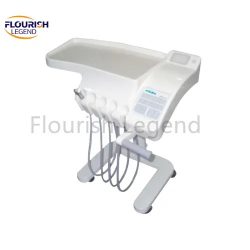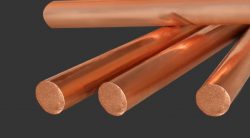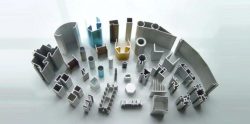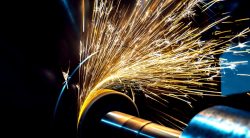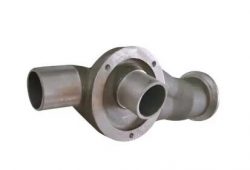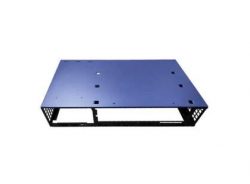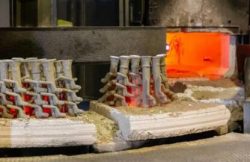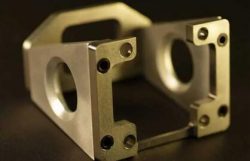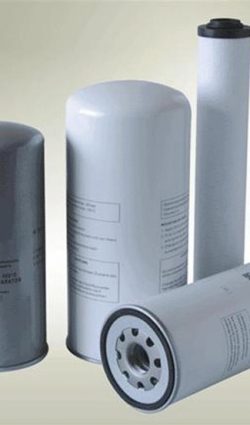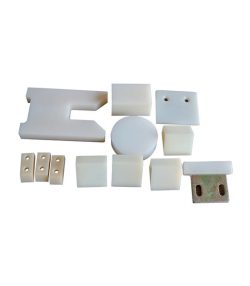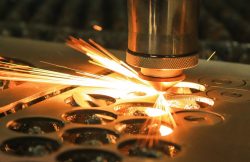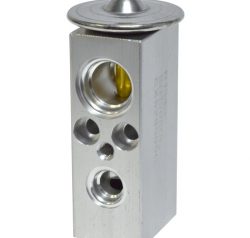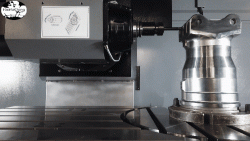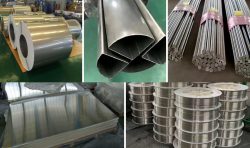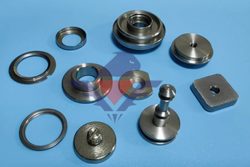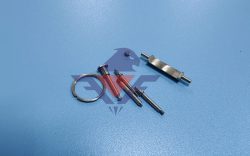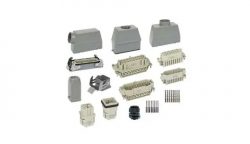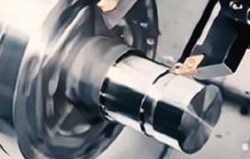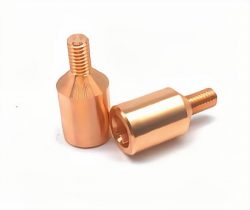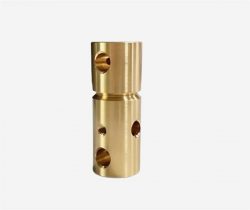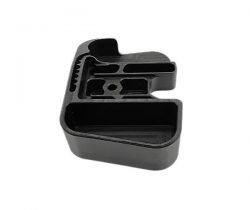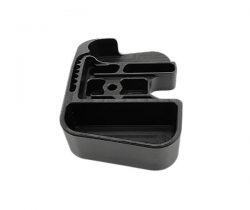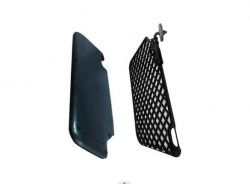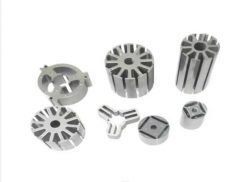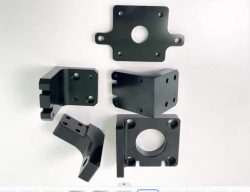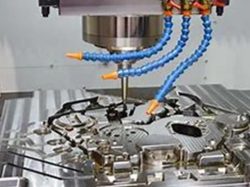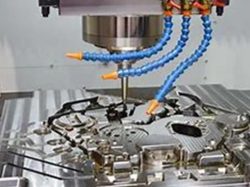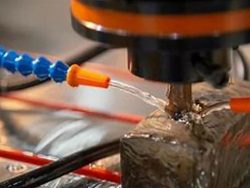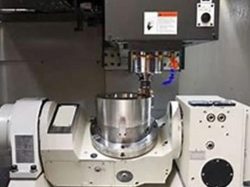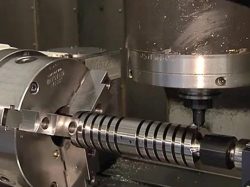Aluminum CNC Turning
Experience precise Aluminum CNC Machining at Fine Precision, delivering intricate and high-quality components for diverse industrial applications.
Aluminum CNC Turning Types
Each aluminum grade has specific properties that make it suitable for different applications. Fine Precision has expertise in working with various aluminum grades to produce precise CNC-machined components tailored to your needs.
5052
6061
6063
7075
Aluminum CNC Turning Design Guidelines
Aspect
Guideline
Material Selection
Choose appropriate aluminum grade based on strength, corrosion resistance, and machinability.
Feature Size
Maintain minimum feature sizes for accurate machining.
Wall Thickness
Ensure uniform wall thickness to prevent distortion and achieve optimal machining results.
Internal Cavities
Design proper draft angles and radii for easy removal of machined parts from molds.
Fillets and Radii
Add fillets and radii to sharp corners to avoid stress concentration and improve part strength.
Tolerances
Specify necessary tolerances based on part function and machining capabilities.
Surface Finish
Indicate desired surface finish (e.g., smooth, textured) for aesthetic and functional purposes.
Undercuts
Minimize undercuts to simplify machining and prevent complex tooling requirements.
Threads and Holes
Follow thread and hole guidelines for optimal thread engagement and accurate hole dimensions.
Tool Access
Ensure adequate tool access for machining, considering tool lengths and angles.
Avoid Sharp Transitions
Smoothly transition between different features to avoid stress concentration and improve aesthetics.
Test Prototypes
Create prototypes to test design before full-scale production, allowing for adjustments if needed.
Compare Material Properties of Aluminum CNC Turning
Property
5052 Aluminum
6061 Aluminum
6063 Aluminum
7075 Aluminum
Tensile Strength (MPa)
215 – 275
240 – 290
130 – 180
570 – 640
Yield Strength (MPa)
160 – 215
200 – 240
65 – 145
500 – 550
Elongation (%)
10 ~25
8 ~ 12
15 – 25
11 ~ 13
Hardness (Brinell)
47 – 68
95
68
150 – 160
Density (g/cm³)
2.68
2.7
2.69
2.81
Thermal Conductivity (W/m·K)
138
167
201
130
Machinability
Good
Excellent
Good
Fair to Poor
Corrosion Resistance
Good
Good
Good
Moderate to Good
Aluminum CNC Turning Applications
Explore diverse Aluminum CNC Machining Applications at Fine Precision, where precision meets versatility to create components for automotive, aerospace, electronics, and more.
The lightweight and corrosion-resistant nature of aluminum makes it suitable for aircraft components. In automotive, it’s used for engine parts and suspension components.
The electronics sector benefits from aluminum’s excellent heat dissipation properties in creating heat sinks and connectors. Its machinability, combined with CNC technology, ensures high accuracy and consistency in these applications, making it a top choice for industries demanding precision and reliability.

